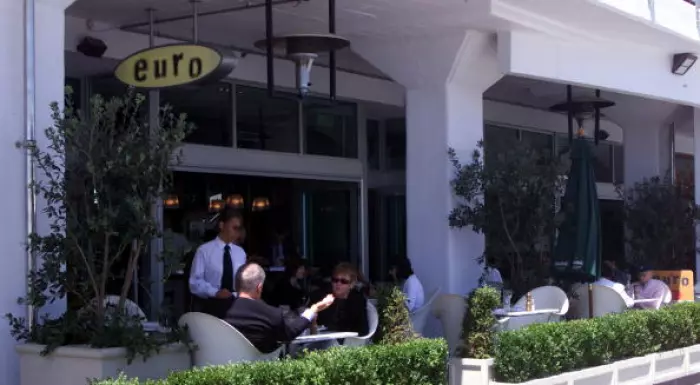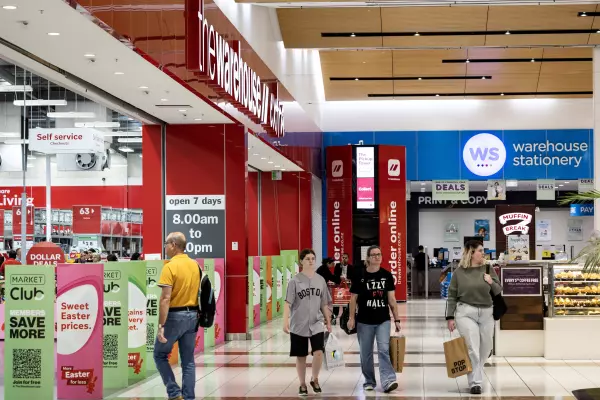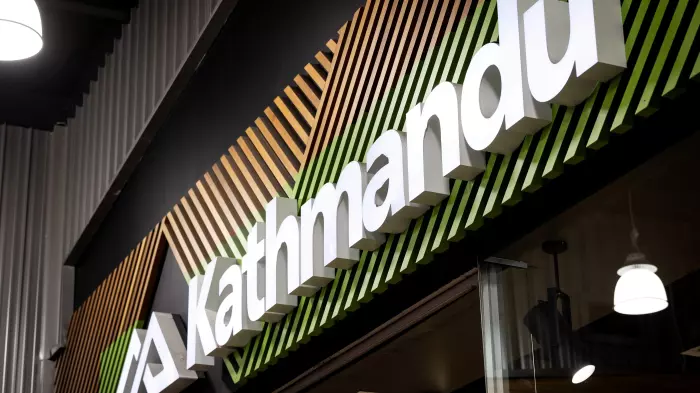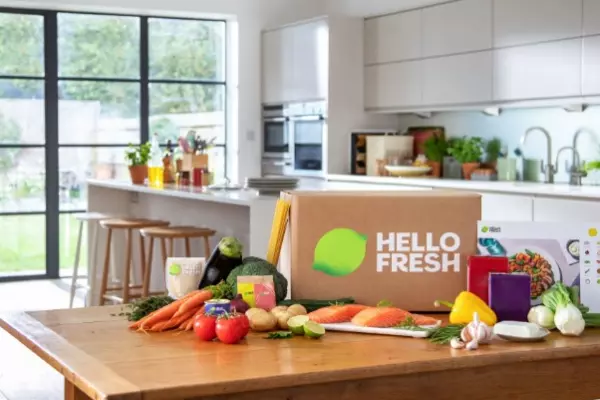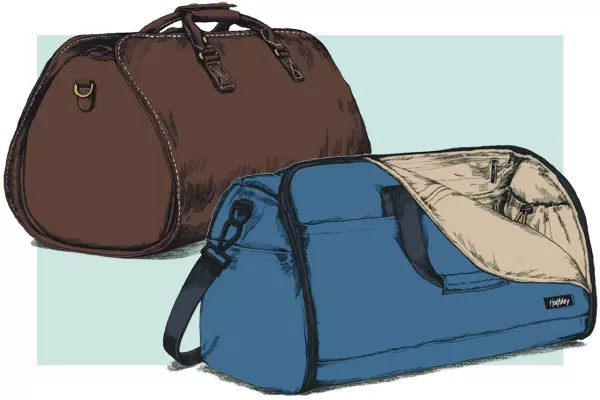Auckland’s Euro, which first opened its doors in 1999, has been shutdown by covid-19.
“This week we have made the extremely difficult decision to keep Euro closed,” the eatery said.
“The ongoing challenges caused by the covid-19 pandemic over the past 18 months have meant it is no longer sustainable to open, despite doing everything in our power to do so.”
Marisa Bidois, chief executive of the Restaurant Association said the news was a tough loss for the city.
“Euro is a classic example of restaurant that would have continued to thrive had it not been for devastating effects of covid-19 on our industry. Their closure is yet another casualty of the pandemic and highlights the critical need for targeted support for those businesses disproportionately affected,” she said.
The restaurant is owned by Auckland-based Nourish Group, which has more than two dozen restaurants, cafes and bars in Auckland, Wellington, Taupo and Queenstown, including Soul Bar & Bistro, Shed 5 and Pravda.
Shareholders include Foley Family Wines.
Nourish founder Richard Sigley said the restaurant has “had everything thrown at us” including lockdowns, prolonged CBD road works, closed borders, severe staffing shortages and working visa issues.
“Unfortunately, this latest lockdown, the new restrictions imposed under Delta and the previous challenges we’ve faced, mean that it’s just not viable for us to continue trading,” he said.
Dropping down a level wouldn’t solve the problem.
Under delta level 2 there is a limit of 50 people allowed inside at hospitality and indoor event venues – Euro seats 130, he said.
Sigley did not immediately respond to a request for further comment and Euro’s phones went to a voice message.
Auckland, like the rest of New Zealand, moved to alert level 4 on August 17. It moved to alert level 3 on Sept 21, which allows for takeaways but not in restaurant dining.
The Restaurant Association has recently unveiled a roadmap to reopening for the hospitality industry. It would include a variety of governmental subsidies, including ongoing wage payments through level 2, reopening payments to enable cafes and restaurants to purchase ingredients, and payments to cover food waste going into lockdowns.
There has been an estimated loss of over 1,000 hospitality businesses in New Zealand since March 2020 and Bidois has said the fallout will likely be significant higher after the current lockdown.
Viv Beck, chief executive of Auckland inner city business association Heart of the City, said the news was devastating.
“Its one of the iconic restaurants and I have to say I am just completely gutted.”
The city centre has certainly had a perfect storm of challenges, she said, pointing to the loss of international tourists, cancellation of events, people working from home, construction and staffing issues.
She noted that even in level 3, it was a very tough environment.
“In the last week, city centre restaurants and cafes were down 94% on the same week last year.”
Beck said “we have been highlighting how difficult it is for our affected sectors and we have been very vocal in saying they needed more support.”
She noted the wage support is very welcome “but the reality is that it’s there for wages”.
Businesses have ongoing costs, be that rent or insurance “that happen every week and what can they do? They can only go so long without the income to pay costs.”
She said a whole range of associations have lobbied for more support and the reality is “it just hasn’t come”.


